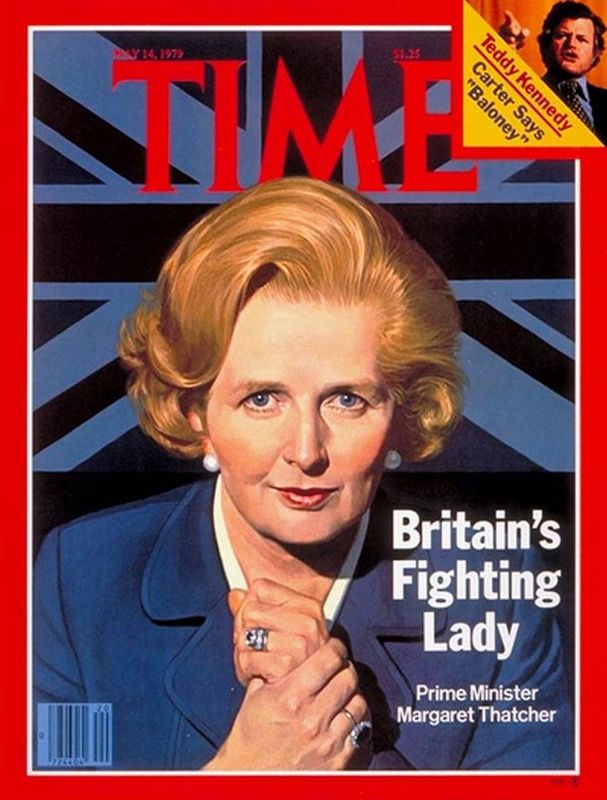The inconvenience of virtue
By Dr. Henry Wong Meng Yeong | Thursday, April 18, 2013 at 3:28AM

The next cornerstone of integrity is 义 -- a word that means righteousness and honor.
If the previously discussed cornerstone of propriety (the inculcating of values) is likened to installing a computer program, then righteousness and honor are the running of the software. Being righteous is putting upright values into action, which in turn brings honor.
Confucius shared with his disciples the cause of his worries, anxiety and concerns. They are: Not cultivating virtue, not thoroughly reviewing what one has learned, not practicing personally what is righteous, and not correcting one's mistakes in time.
In today's parlance, that boils down to whether we walk the talk.
In the real world, it is not easy to go against the flow or to break ranks. Confucius said that to do what is right takes courage. Do we conform to the impulses of the majority, especially if they happen to be our social inner circle? George Washington reminds us that it is better to be alone than to be in bad company. That is true honor.
Confucius said it this way: "The man who in the view of gain thinks of righteousness, who in the view of danger is prepared to give up his life, and who does not forget an old agreement however far back it extends."
That great teaching is echoed in another excellent definition of honor -- this one by American journalist Walter Lippmann (1889-1974), who said, "He has honor if he holds himself to an ideal of conduct though it is inconvenient, unprofitable, or dangerous to do so."
It is inevitable, then, that if we take Confucius to heart by doing what is right, we'll make enemies. The late Prime Minister Margaret Thatcher was a well-loved leader as much as she was well-loathed. This was because she was no fence sitter who would have pleased both sides. Her integrity shaped her life and reminds us of the words of Franklin D. Roosevelt: "I ask you to judge me by the enemies I have made."
